Equality, Diversity and Inclusion Policy
Context
The Trust is committed to equality, diversity and inclusion throughout the organisation and in its own practice. This approach supports good governance, better decision-making and the delivery of the charitable purposes in line with the core value to demonstrate leadership in practice.
The beneficiaries are all those who use the bridges, as well as those supported by the grants, education and other charitable projects that the Trust delivers across England. The Trust also has a responsibility to ensure the tenants of its investment properties are treated fairly. Addressing equality, diversity and inclusion helps the Trust’s work stay relevant to those it serves as it delivers public benefit.
Recognising and countering any imbalances in power, perspectives and opportunities in the charity, and in the attitudes and behaviour of trustees, staff, professional advisors and the supply chain, helps to ensure that the charitable objectives are delivered appropriately.
Through its education work, grant and scholarship programmes, the Trust aims to support the future development of the civil engineering and agriculture professions. Equality, diversity and inclusion within a welcoming and supportive profession will provide the industry with the widest possible pool of talent to draw upon, and also help to deliver better projects which take account of the widest possible range of societal needs. Education projects challenge obstacles to considering civil engineering as a career and raise the profile of good role models from diverse backgrounds,
Strategy
The Court strives to achieve appointment of trustees with a range of lived experience, professional skills and background, to create balanced decision making. All trustees are welcomed, valued and able to contribute. The regular trustee skills audit identifies any gaps in the collective diversity of the trustees and the recruitment process for Appointed Trustees is designed to fill any gaps.
Obstacles to participation are reduced, with the Trust’s work designed and open for everyone included within its charitable purposes. Physical changes are made to the bridges, buildings and services to avoid inequality, maximise access and achieve improved equality of outcomes. Training is provided to staff and trustees as necessary, and specialist professional advice taken to inform the design of services from the perspective of achieving equality, diversity and inclusion.
The Equal Opportunities Policy, which sets out the approach to the recruitment and treatment of staff, is included in the Employment Handbook. Equality, diversity and inclusion in recruitment provides the widest possible pool of talent to draw upon and leads to a welcoming, supportive and productive workplace.
Reporting
Initiatives and improvements to practice that are specifically aimed at improving equality, diversity and inclusion in the Trust’s charitable work are developed by and reported to the Education, Grants & Archives Committee.

